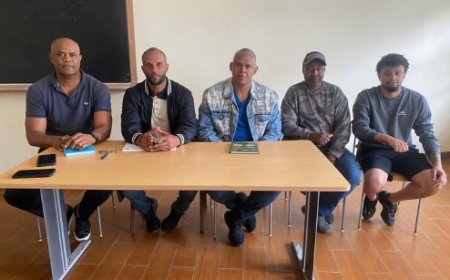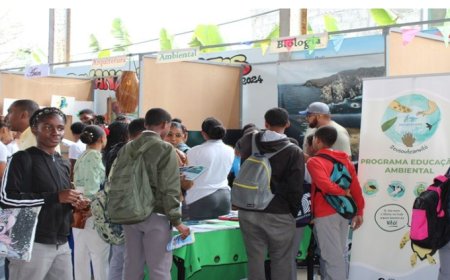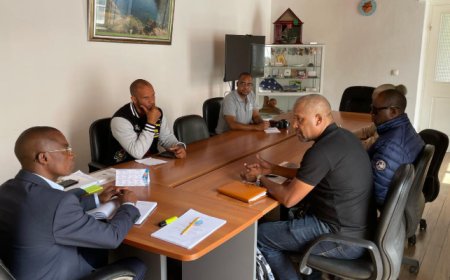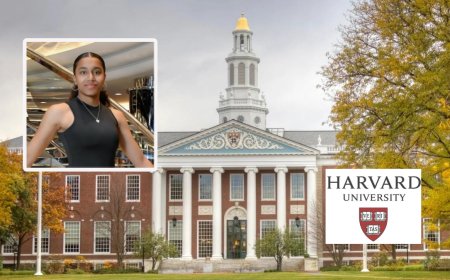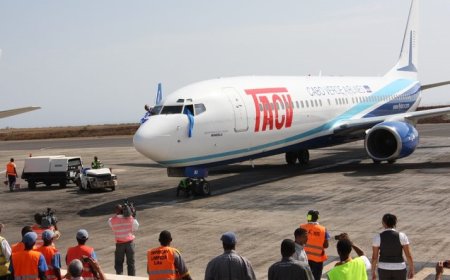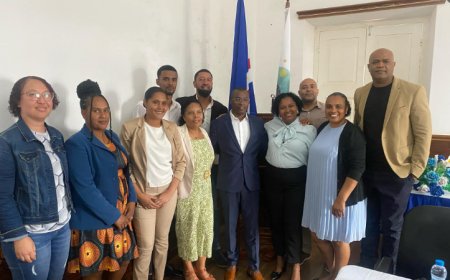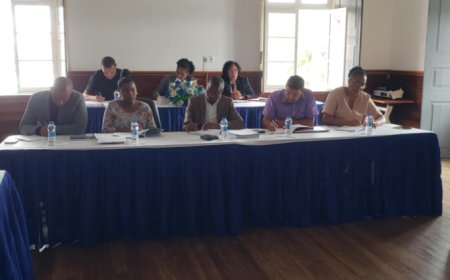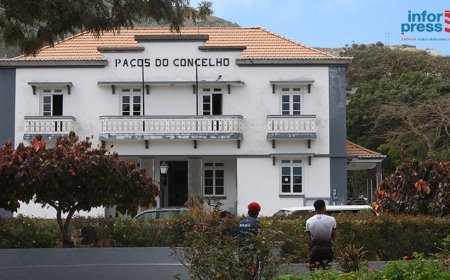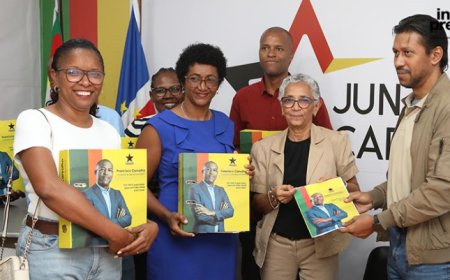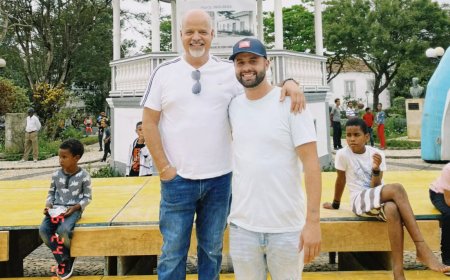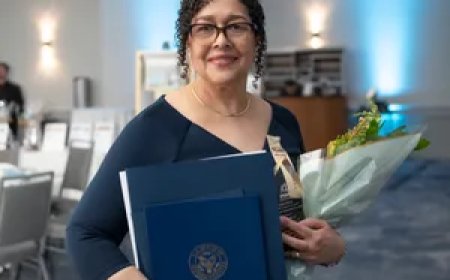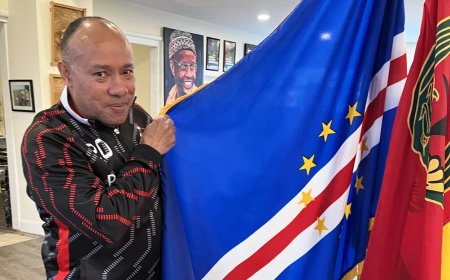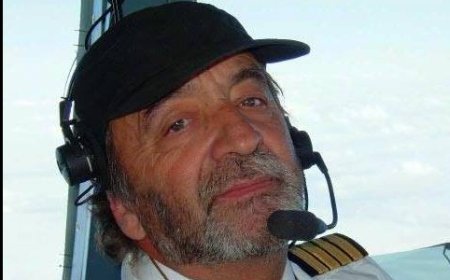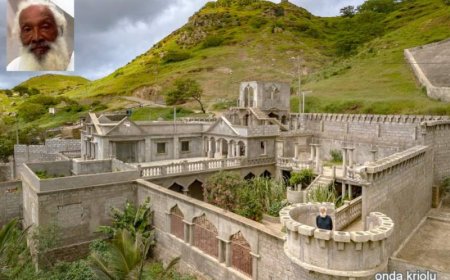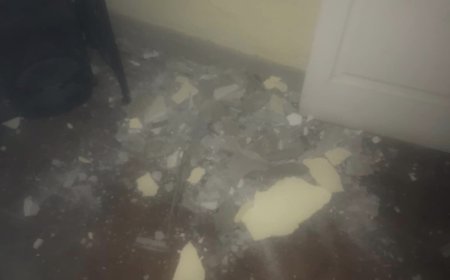REPORTAGE/Brava: Resilience, passion, the need to empower oneself and the challenges faced by women in the practice of herding
Grazing and selling cheese has been a means of subsistence and empowerment for the majority of women in Cachaço since the beginning, who, even in the face of the various difficulties imposed by climate change, still persist.
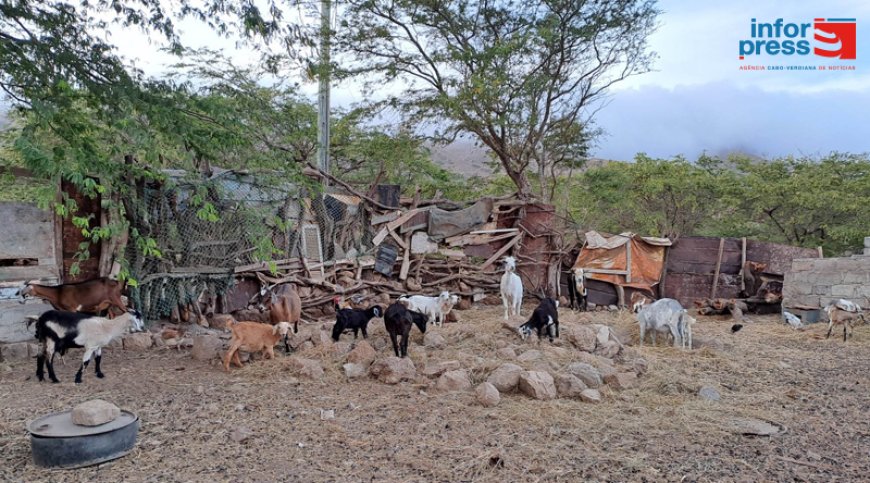
Grazing and selling cheese has been a means of subsistence and empowerment for the majority of women in Cachaço since the beginning, who, even in the face of the various difficulties imposed by climate change, still persist.
Inforpress went to the community, which is about 12 kilometers from the city of Nova Sintra, to learn about the history of some of these women.
Maria Mendes, 58 years old, was born, grew up and lives in the locality and considered that this practice is like a “family heritage” and has always been a way of guaranteeing the family's livelihood, in herding or rainfed agriculture.
The community of Cachaço, according to the same source, has this natural “design”, where people either have to dedicate themselves to grazing and the practice of rainfed agriculture, or else look for work on the works in other locations, as the area where they live it is one of the “less fortunate” on the island in terms of opportunities.
“The raising of animals in my family and in many of this locality is like an inheritance”, she considered, explaining that when she was born she found her parents in this lifestyle, also inherited from her ancestors and herself, after starting her family , continued this “legacy” that was also passed on to his children.
He said that he was “lucky” to study up to the 4th year and of his five children only two had the opportunity to complete Secondary Education, but that it was “nothing” good for them, as they were unable to continue their studies and the 12th year it was not possible to break this “family tradition”.
These have also dedicated themselves to the practice of shepherding, in addition to working on works as helpers.
“This is a difficult and sacrificed life, because there are kilometers and more kilometers that we travel every day in order to support the family and children, but the consequences are many and today, more than ever, it is not worth so much effort”, he announced, stressing that in the past cattle raising and agriculture, even rainfed agriculture, were profitable, but today “things are getting more and more complicated”.
She recalled that what led her to dedicate herself to this profession, which is one of the “most important” economic activities in the economy of Brava, was, in addition to continuing the family legacy, the need to have a source of income and to be “ mistress of herself”, which she achieved.
As he explained, he had dozens and dozens of cattle in his possession, had enough milk and managed to produce cheese that he sold. With the profit from these activities, he was able to support his children, educate them as far as possible and, together with his partner, build a house.
Today, with the consecutive years of drought, the lack of water, pasture, and the increase in the price of feed, he only has a few heads of goats, which do not reach 20, but he remains “firm”, as it is something he likes to do.
To maintain the production of a reasonable amount of cheese, he summed up, he is forced to buy milk from other breeders.
As for pasture, he stressed that this year the scenario is “a little different” and, in terms of water, there is a cistern where they keep rainwater to give to animals, but stray dogs “have decimated a lot” of cattle in this area. zone.
And even the production of cheese, as it advanced, does not bring any benefit, because, according to Maria Mendes, a liter of milk costs 90 escudos and to produce a cheese that sells for 120 escudos, only one liter is not enough, thus showing that the what drives her at this moment is “passion and the need to continue to feel empowered”.
Still, he reinforced that during the time when students are on vacation, they are obliged to walk all the way on foot, sometimes to Nossa Senhora do Monte, or many times to Nova Sintra, if they can't find a car, because if they don't there are students, transportation to Cachaço is “very deficient”.
Regarding the lands she cultivates, she made it clear that they belong to third parties and she is aware that they can ask for them back at any time because she does not have her own land.
In this “heritage” path, we find Celeste Coelho, who was born and raised in this situation, and, even after having her family, continued to shepherd.
But his children did not want to go down this path, thus justifying the fact that all three of his children are now graduates and employed.
Like these two women, there are others in the community and in other areas of the island who are dedicated to raising cattle and practicing rainfed agriculture, as those who cannot or have not been lucky enough to study to have a profession in another area, or dedicated to the civil construction sector or entrepreneurship,
Or else he feels “obliged” to follow the paths of emigration, and if he is not “lucky” in any of these activities he ends up embarking on the path of pastoralism.
In 2020, with an investment from the Ministry of Agriculture and Environment, through funding from the International Fund for Agricultural Development (IFAD) partner for the Poser Program, five corrals were built to "promote" investments, so that breeders would have better support infrastructure for livestock, an economic activity.
In the face of climate change, the Biflores Biodiversity Conservation Association is implementing a pioneering project on “sustainable grazing for plants and livelihoods”, a project which, as explained by the director, Dheeraj Jayant, is supported by the international conservation organization of biodiversity 'Fauna and Flora' and funded by the UK Government's Darwin Initiative.
The main objective of the project is to ensure that the people of Brava, with the support of governmental and non-governmental institutions, implement sustainable and data-driven grazing and land management strategies that protect endemic species, improve livelihoods and increase the local resistance to climate change.
“In the livestock sector, there is a division of labor by gender, as women represent less than 20 percent (%) of shepherds”, he said, stressing that women are responsible for most aspects of transformation and commercialization of meat and dairy production.
The transition from uncontrolled grazing to sustainable grazing, according to Dheeraj Jayant, can cause positive and significant impacts on the primary unit of society, in this case the family.
inforpress






